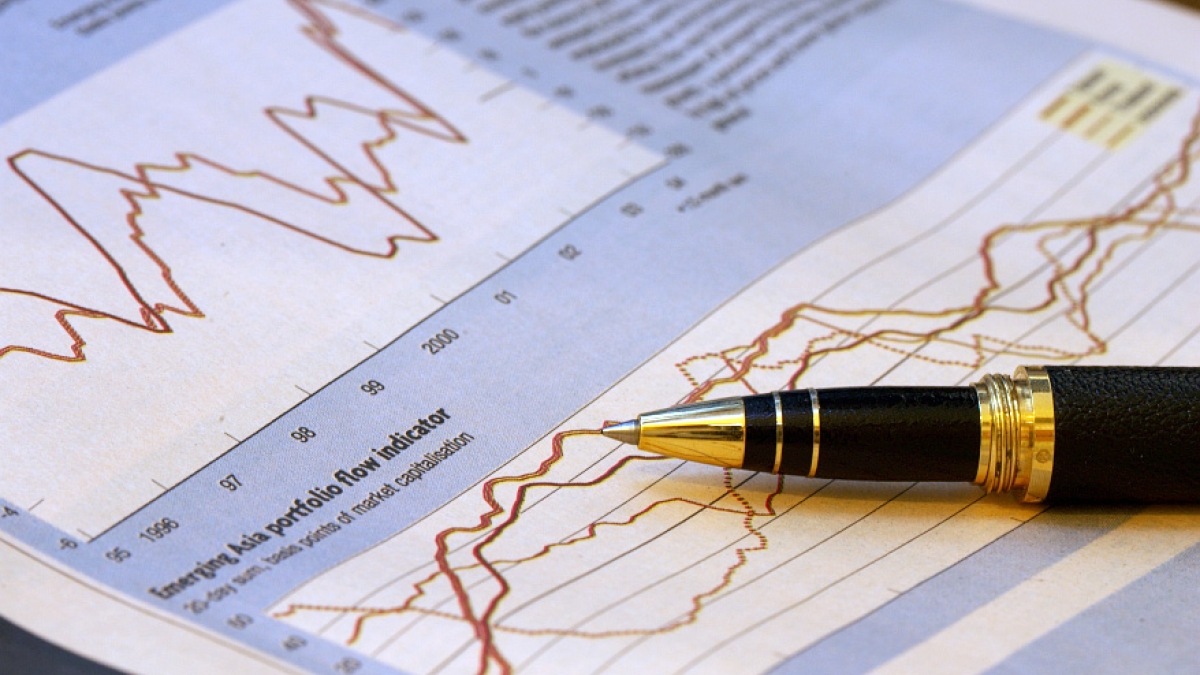Economists at the Royal Bank of Scotland issued an alarming warning this week, advising their clients to “sell everything” in anticipation of a “cataclysmic year” in the stock markets.
The bank said that plummeting oil prices, volatility in China’s economy and deflation will lead to another global financial crisis, similar to the one in 2008.
“Sell everything except high quality bonds,” the bank’s economists wrote in a note to clients. “This is about return of capital, not return on capital.”
Should the typical American stockholder sell? Not necessarily, said Dennis Hoffman Hoffman also is director of the L. William Seidman Research Institute at the W. P. Carey School of Business and on the board of the Arizona State Retirement System., a professor of economics at the W. P. Carey School of Business at Arizona State University.
Hoffman also is director of the L. William Seidman Research Institute at the W. P. Carey School of Business and on the board of the Arizona State Retirement System., a professor of economics at the W. P. Carey School of Business at Arizona State University.
Here are his comments on the bank’s warning.
Question: The bank warnings seems dire. Should Americans sell their stocks?
Answer: Some economists will say "the sky will fall tomorrow" and some will say "don’t worry about anything." I’m not going to say either one of those things. Should the average investor back away from the stock market? It depends on one’s appetite for risk.
Q: What is your advice?
A: You don’t want to count on the notion that equities (stocks) appreciate 20 percent a year for the next five years to reach a goal you’ve set. Those plans should have already been in place. If you’re trying to hit big wins in the last three to five years before retirement, that’s pretty dangerous. You should be going to more cash and safer, more predictable assets. Conversely, if you’re in your mid-30s or even mid-40s with 20-plus years to go until retirement, my recommendation is don’t worry about it at all. Don’t change your investment strategy. You should invest at a steady pace. Every paycheck, a small amount goes into this investment and you’ll be feeling good in your mid-60s. History has shown that in any 20- to 30-year period, equities have done well.
Q: The bank’s economists recommended selling stocks and keeping bonds. Is that a good idea?
A: That’s an interesting recommendation at this point because should the economy accelerate, and interest rates begin to normalize, a portfolio built on bonds will do poorly and suffer capital losses.
Q: What if the markets improve?
A: There’s some allusion to "Hey, maybe we’ll get a big bounce back in February." But trying to time equity markets is a pretty dangerous strategy. It’s far more entertaining to go to Vegas and put it on red or black rather than trying to time the stock market.
More Business and entrepreneurship
The business behind the brand
Ask Jennifer Boonlorn ('01 BS in marketing) about the secret to a successful career in the luxury fashion industry and she'll tell you that community building is top of the list."I want to share…

Thunderbird at ASU ranked No. 1 in QS International Trade Rankings for third consecutive year
For the third consecutive year, Thunderbird School of Global Management at Arizona State University has been recognized as the world leader in international trade, a distinction awarded by…

'Meating' dietary needs: Study sheds light on how rising prices affect meat consumption
When prices on certain food items go up — like eggs and meat — because of the rise in plant-based diets, consumers can find an alternative.But our diets are also culturally conditioned, so for some,…


